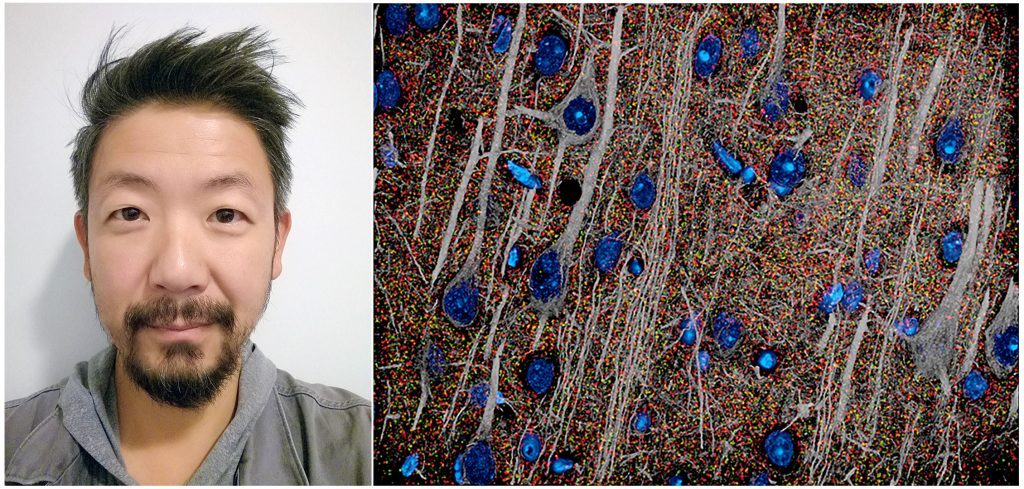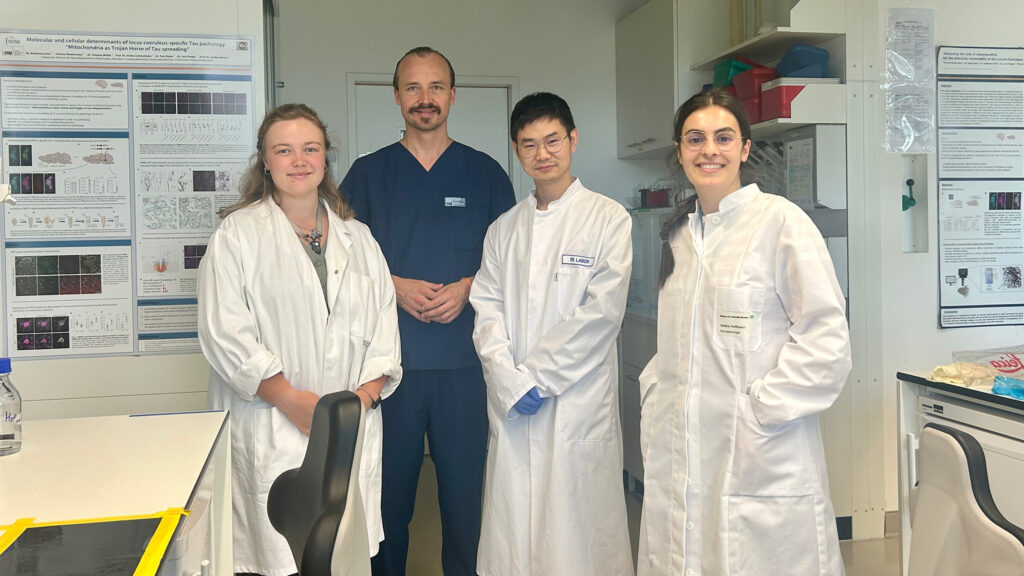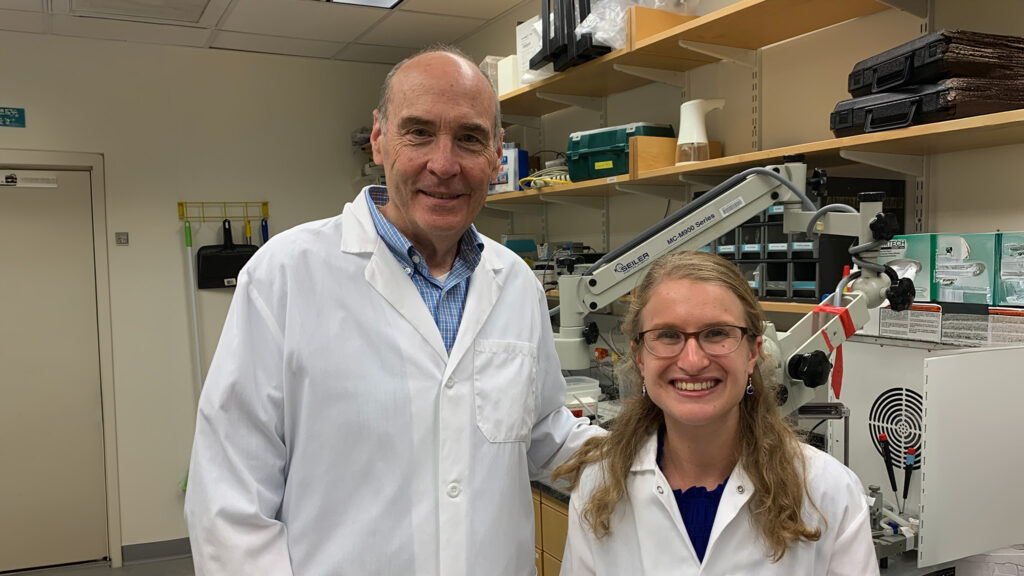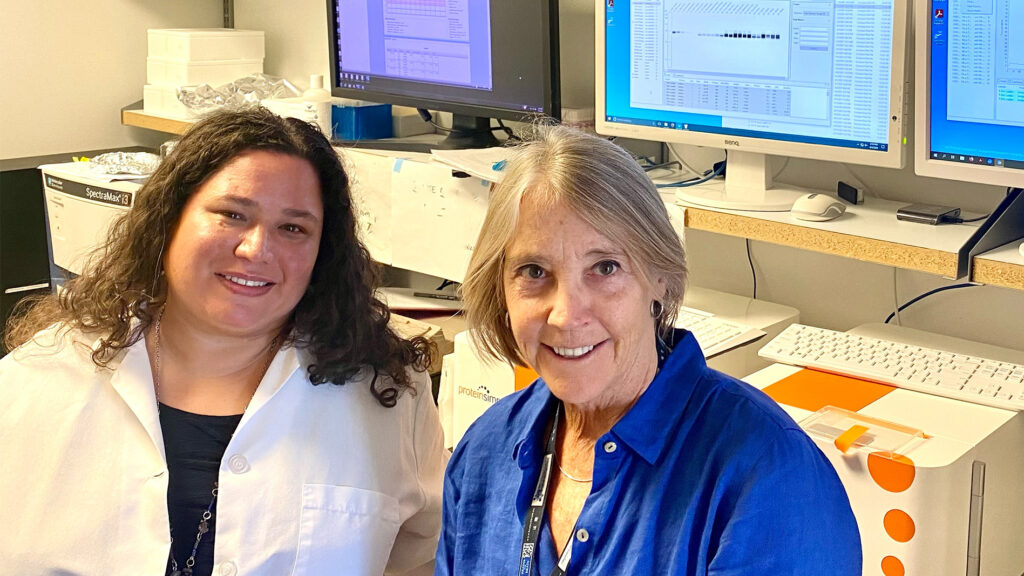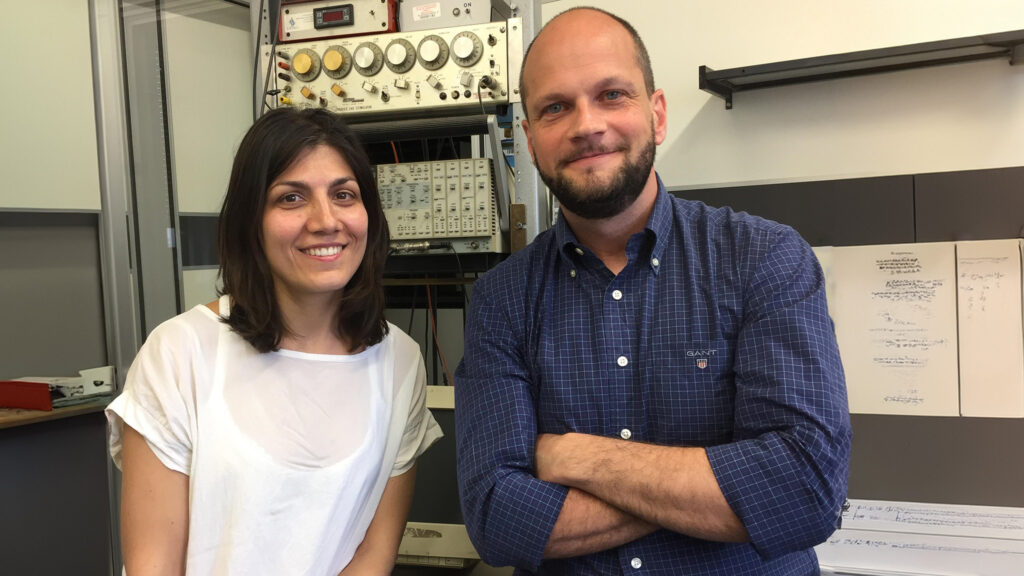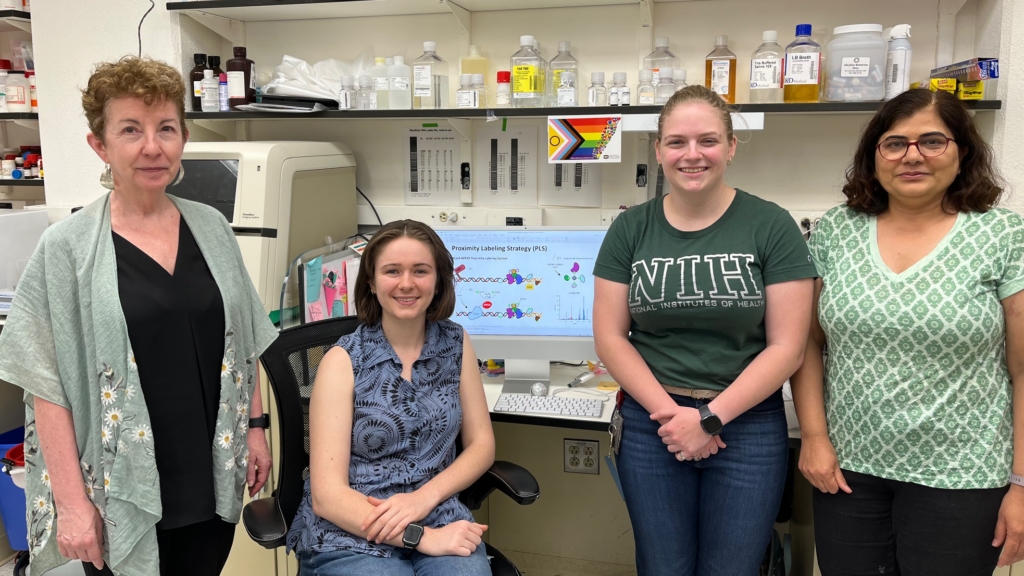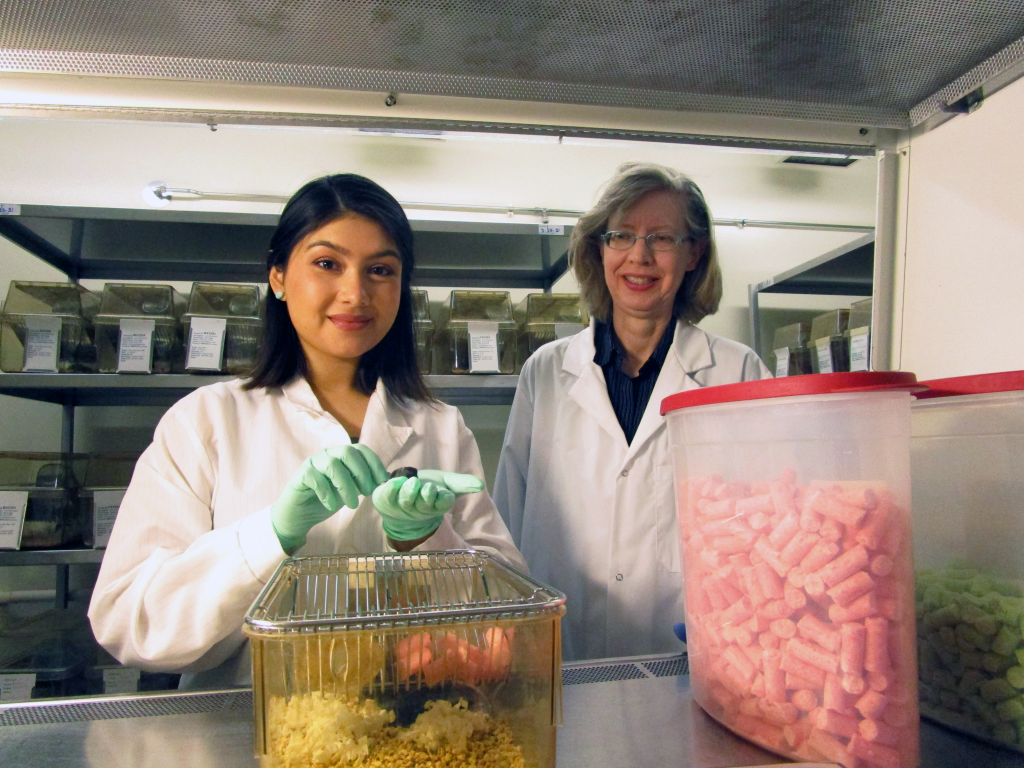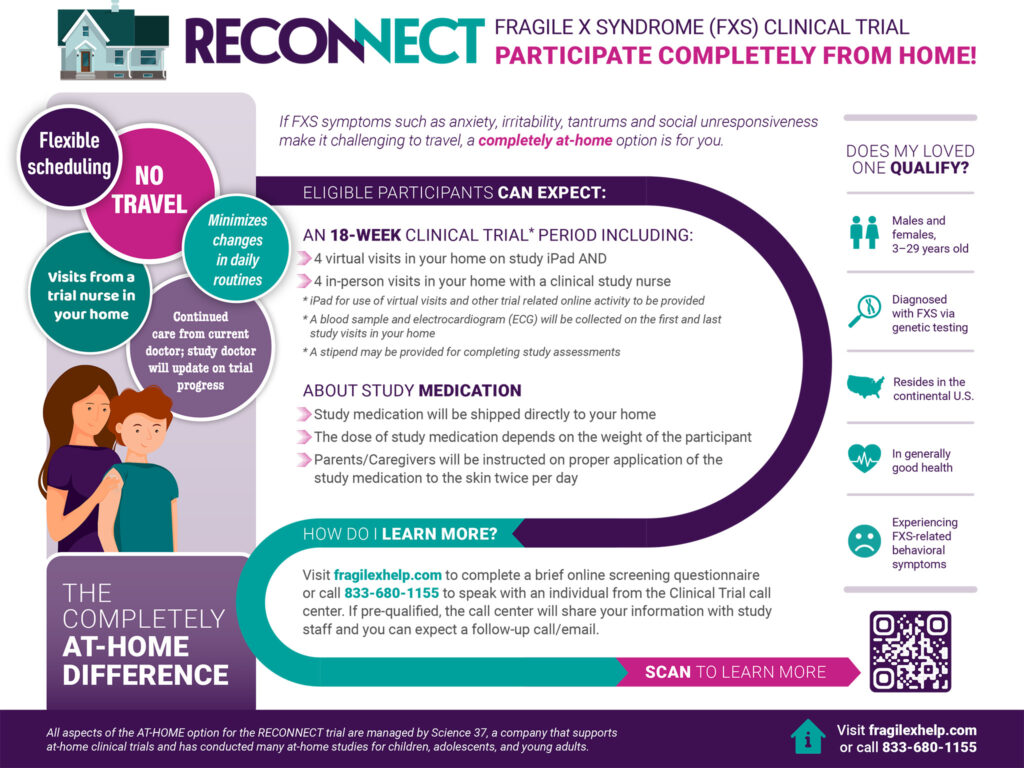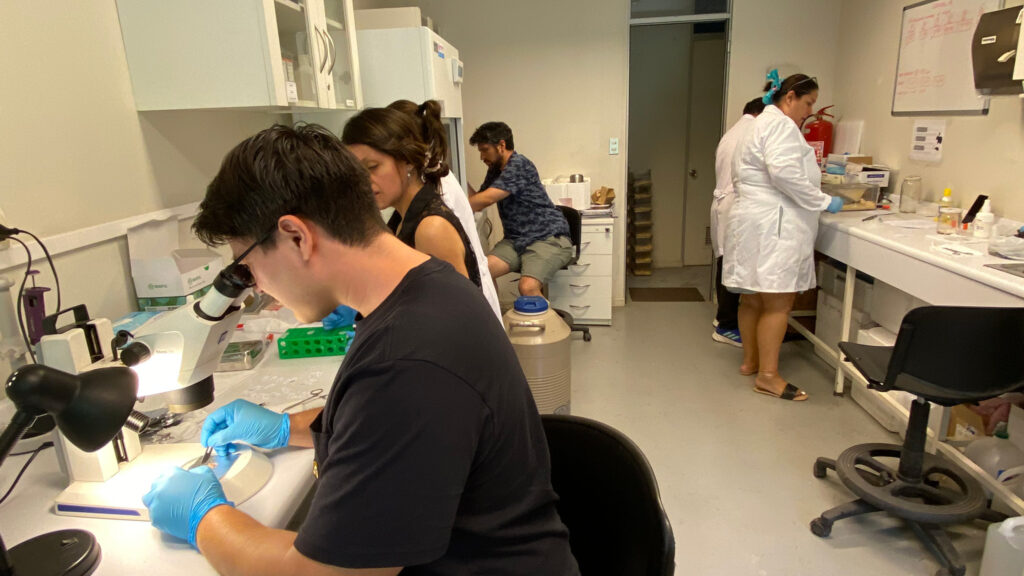GEXVal and FRAXA Collaborate to Advance Fragile X Research with Phase 2a Trial
GEXVal and FRAXA collaborate to advance Fragile X research with the Phase 2a trial of GXV-001, supported by AMED’s funding program.
Honor Cooper’s Birthday with a Donation to Fragile X Research
Honor Cooper’s birthday by donating to Fragile X syndrome research. Every contribution supports new treatments and hope for a brighter future.
Support the FRAXA Schutz Family Campaign & #teamwally Campaign
Join the Schutz family in their journey with Fragile X syndrome. Discover Wally’s inspiring progress, the impact of clinical research, and how donations to FRAXA fuel hope for breakthroughs to support families affected by Fragile X.
Support the Stevenson Family Campaign
The march of time renews the commitment we made to a special needs community 25 years ago. We vowed to dream big and never give up until there were effective treatments available and eventually a cure for Fragile X syndrome, the most commonly inherited cause of intellectual disabilities and autism.
BK Channel Openers: A New Hope for Fragile X Treatment – Insights from Kaerus Bioscience CEO Robert Ring
Kaerus Bioscience’s BK channel openers for Fragile X syndrome are advancing through Phase 1 trials, offering hope for new treatments with FRAXA’s continued support.
Screening Combinatorial Pharmacological Therapies for Fragile X Syndrome
This Stanford University team assessed combinatorial drug treatments to correct a broad spectrum of deficits observed in Fragile X syndrome. Results published.
Investigating the Role of the Insulin Degrading Enzyme (IDE) in Fragile X Syndrome
This study explores how disrupted insulin signaling affects metabolism and brain function in Fragile X, revealing new treatment targets for both body and mind.
NPR Spotlights Zatolmilast: A Potential Breakthrough for Fragile X Syndrome
NPR spotlights zatolmilast, a promising investigational drug to treat Fragile X syndrome. Families report life-changing improvements in learning and independence.
Altered Physiology of Primary Visual Cortex in Fragile X Syndrome
This team believes inhibitory neurons expressing somatostatin are impaired in Fragile X. They will see if stimulating these neurons has therapeutic potential.
Gene Editing of FMR1 to Correct FXS Phenotypes in Mice
This team is testing cutting-edge gene editing tools to correct Fragile X mutations in the brain using an advanced new mouse model.
Fragile X Unplugged: Establishing Mobile EEG as the Next Frontier
A $100,000 FRAXA grant to Cincinnati Children’s Hospital is simplifying and testing EEG technology for home use, improving clinical trial accessibility and efficiency.
Marvel Biosciences Partners with FRAXA to Test MB204 for Fragile X Syndrome
Marvel Biosciences and FRAXA Research Foundation are collaborating to test MB204, a promising new treatment for Fragile X which targets adenosine receptors.
Identification of the Proteome of Active and Silenced FMR1 Alleles in Human Stem Cells
This project aims to uncover which proteins keep the Fragile X gene silenced. By identifying them, the team hopes to find new ways to switch the FMR1 gene back on.
Understanding Anxiety in Fragile X: Insights from Dr. Carrie Buchanan’s Webinar
Dr. Carrie Buchanan shares strategies to manage anxiety in individuals with Fragile X syndrome, including non-pharmacological treatments and medication options.
To Interrogate the Developmental Timing for Treating Fragile X Syndrome
Are there critical periods in Fragile X syndrome? Will treatment work in adults as well as in children? This team aims to answer these questions.
Preclinical Testing of High Fat/Low Carb Diets in Fragile X Mice and Cells
Dr. Cara Westmark’s team will use mice to determine if palatable Atkins-type diets can improve sleep and boost learning skills for those with Fragile X syndrome.
QurAlis and UMass Chan Advance Fragile X Syndrome Treatment using ASOs (Antisense Oligonucleotides)
Explore how QurAlis and UMass Chan are revolutionizing Fragile X syndrome treatment using advanced ASO technology, setting new standards in therapeutic development.
Exploring Advances Fragile X Research: Comprehensive Webinar Highlights – May 2024
Learn about new FRAXA grants, key clinical trials, and scientific updates that are shaping the future of Fragile X syndrome. Webinar presented by Mike Tranfaglia and Katie Clapp.
Celebrate World Fragile X Day: July 22, 2024 – Global Landmarks Light Up
Celebrate World Fragile X Day on July 22, 2024 by lighting up landmarks. Join us in honoring Fragile X research and supporting affected families worldwide.
Harmony Biosciences Phase 3 Clinical Trial (RECONNECT) with At-Home Option
Harmony Biosciences’ RECONNECT Phase 3 trial of ZYN002 offered an at-home participation option. Unfortunately the trial reported negative results.
Inside the FRAXA Drug Validation Initiative: Advancing Fragile X Treatments
FRAXA-DVI is revolutionizing Fragile X syndrome research, providing efficient, comprehensive and objective preclinical testing of potential treatments.
Pharmacologically Activating mGluR7 as a Novel Therapy for Fragile X Syndrome
Join Dr. Tsai and Dr. Kumar on a journey into novel treatments for Fragile X syndrome. Activating mGluR7 could be a game-changer, opening up uncharted therapeutic territory.
Celebrating Teamwork: FRAXA’s 7th Year at Bruins 50/50 Event
Celebrating FRAXA’s 7th year at Bruins 50/50 Event: teamwork and community unite for Fragile X research.
Shape Our Conversation: FRAXA Feedback Survey
Share your thoughts in our short survey—your insights matter in our 30th year of progress.






